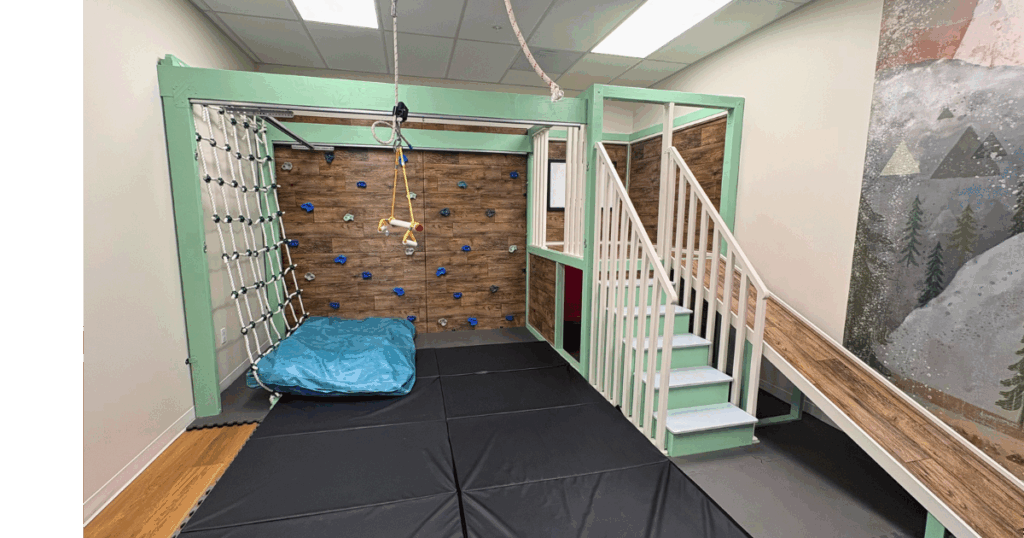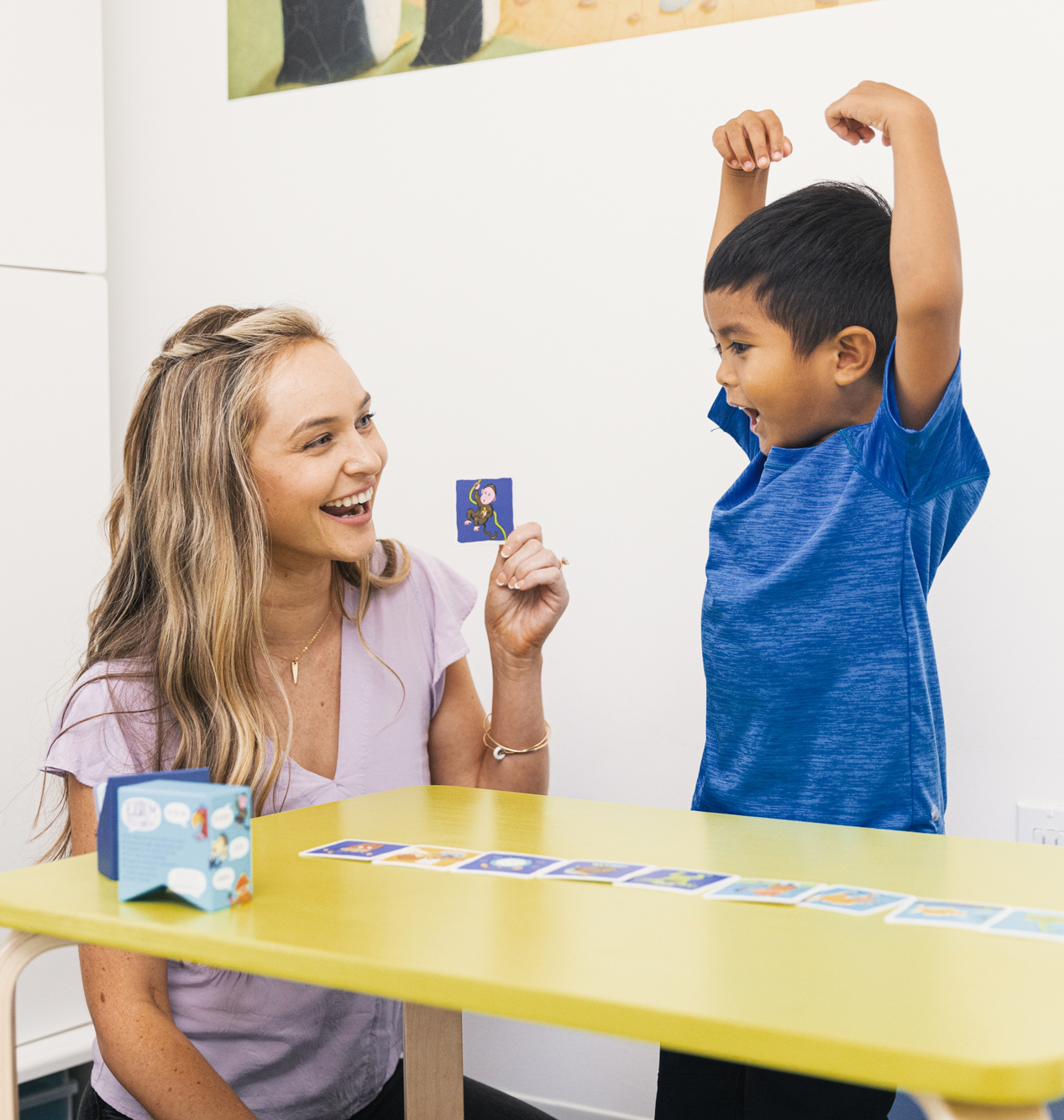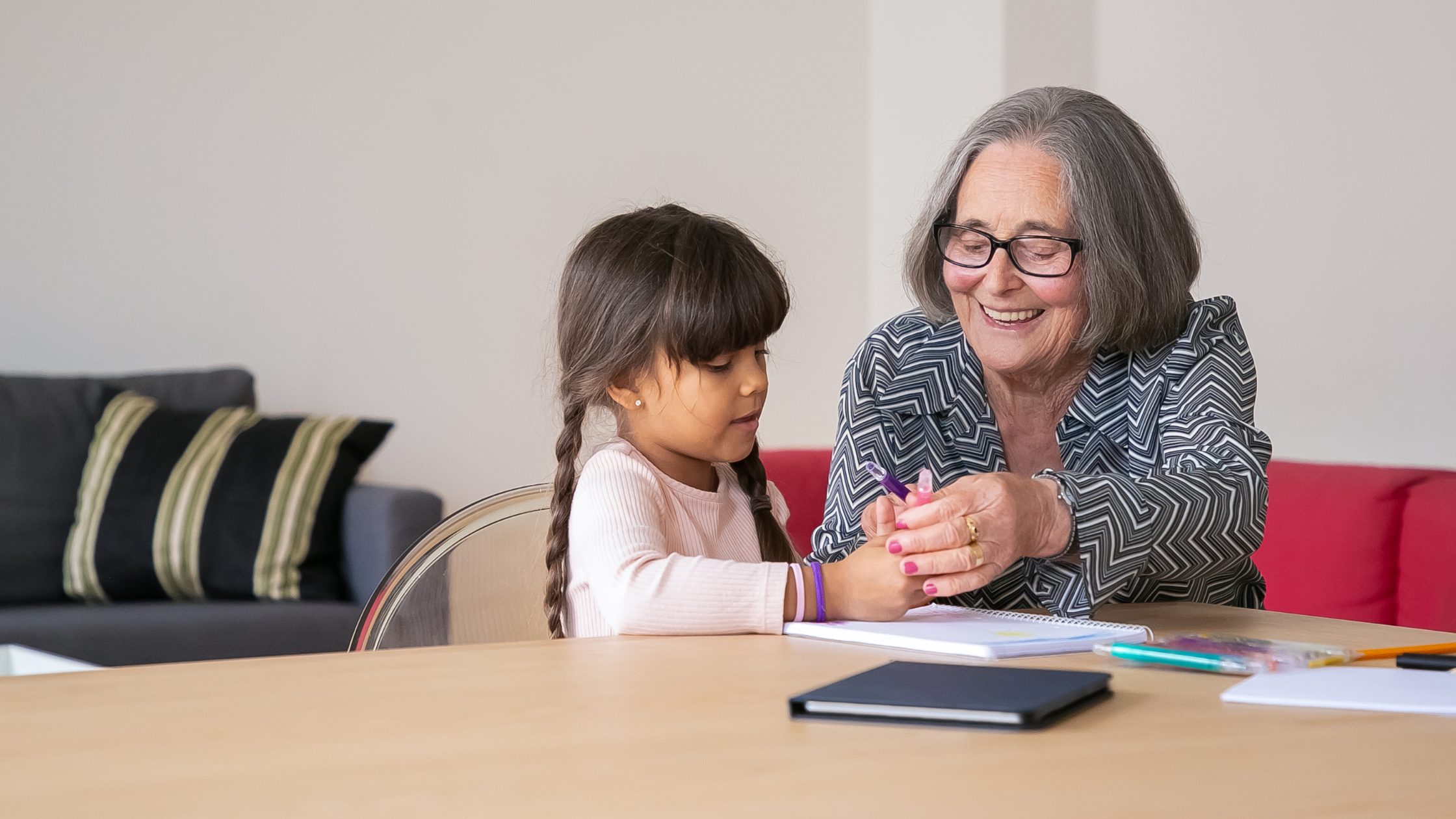At SmallTalk Pediatric Therapy, we believe that progress doesn’t stop at the clinic door. For many families, the most meaningful growth happens when therapy skills carry over into everyday life, whether that’s at the park, in a museum, or through a community program. Luckily, San Diego is full of inclusive activities and resources that align beautifully with speech and occupational therapy goals.
Here are a few local favorites that we often recommend to families:
1. Inclusive Playgrounds and Outdoor Spaces
San Diego has made great strides in creating parks that welcome children of all abilities. Places like Mission Bay, Waterfront Park downtown, and Balboa Park offer wide, accessible play structures and open spaces that encourage movement, social interaction, and imaginative play. From an OT perspective, these playgrounds provide opportunities for climbing, balancing, and building gross motor skills. For speech, they create natural opportunities for children to practice communication in play with peers.
2. Museums with Sensory-Friendly Programs
Several local museums host inclusive events designed with children’s sensory needs in mind. The Fleet Science Center and The New Children’s Museum both offer accessibility programs, and the San Diego Children’s Museum of Discovery provides hands-on learning that is both engaging and adaptable. Visiting these environments can help children generalize skills such as, following directions, asking questions, or practicing turn-taking, in real-world settings.
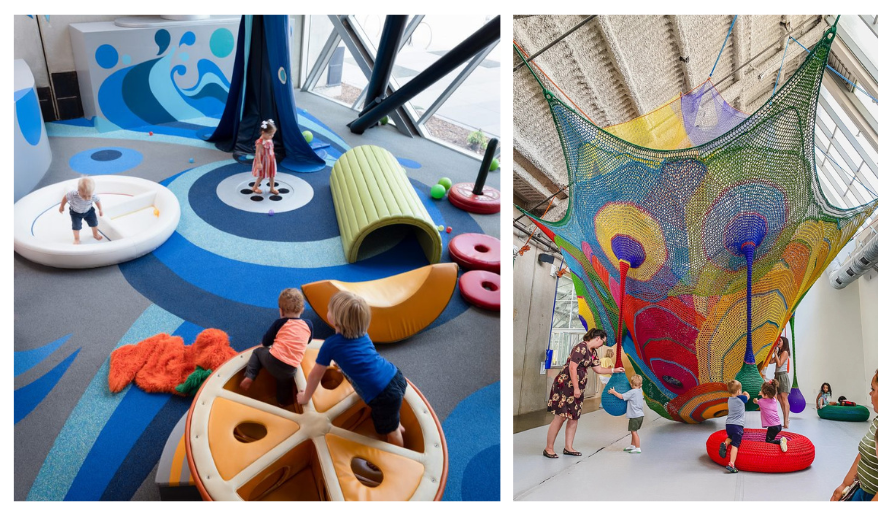
3. Inclusive Recreation and Sports Programs
The City of San Diego Parks & Recreation Department’s Therapeutic Recreation Services offers year-round programs for children with developmental needs. Families can also explore adaptive play opportunities like Play My Way and TOPSoccer, both of which emphasize inclusion and fun. These types of organizations are a wonderful complement to therapy, giving children the chance to build confidence and social skills in a supportive environment.
4. Sensory-Friendly Events and Entertainment
Local theaters and organizations host sensory-friendly performances and movie showings, such as AMC’s Sensory Friendly Films and productions at some community theaters. These events are designed so children can move, make noise, or take breaks without worry.
5. Community Support and Learning Opportunities
Organizations like the National Foundation for Autism Research provide resources and host events, while programs like Learning for All offer educational therapy that can complement speech and ot. Local libraries also frequently offer inclusive storytimes that support early literacy and language skills, perfect for families who want to carry speech therapy goals into daily routines.
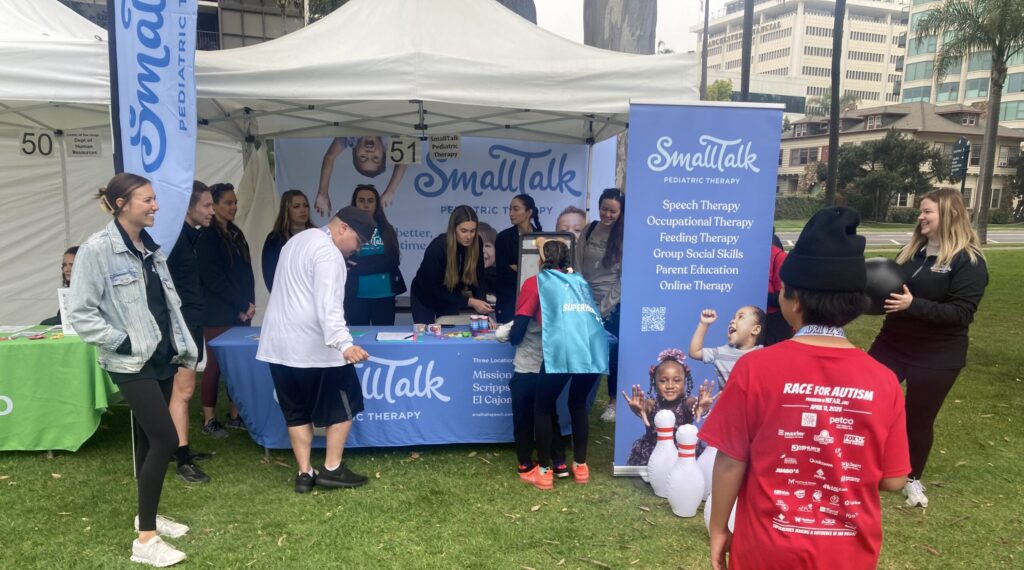
Why These Resources Matter
At SmallTalk, we see firsthand how important it is for therapy to connect with everyday life. When a child practices communication at storytime, strengthens motor skills on a playground, or builds social confidence on a team, they’re not just learning, they’re living the skills we work on in therapy.
We encourage families to explore these inclusive opportunities around San Diego. They can make a big difference in helping children feel successful, connected, and celebrated both inside and outside the clinic.
Looking for more information about how SmallTalk Pediatric Therapy can help your kiddo grow? Give us a call at 619-647-6157 or email us at hello@smalltalkspeech.com and we can give you more information or schedule an evaluation.


